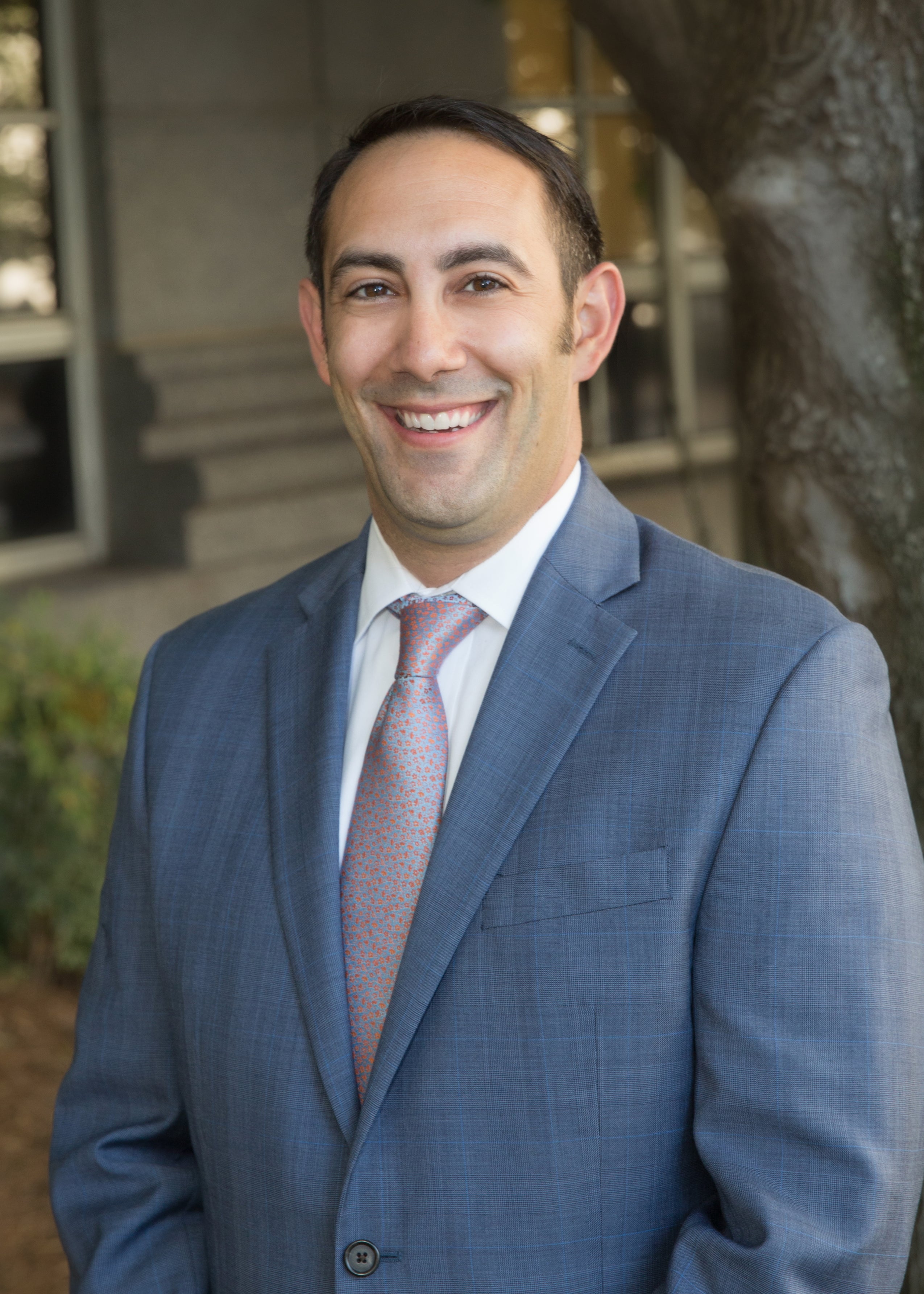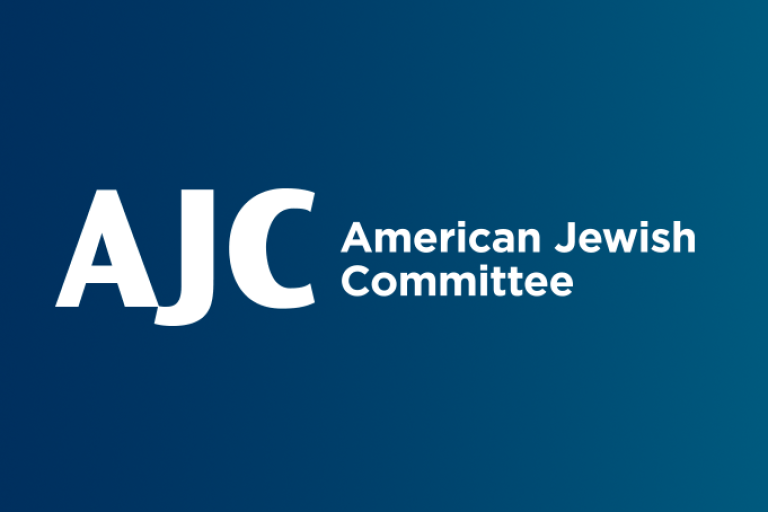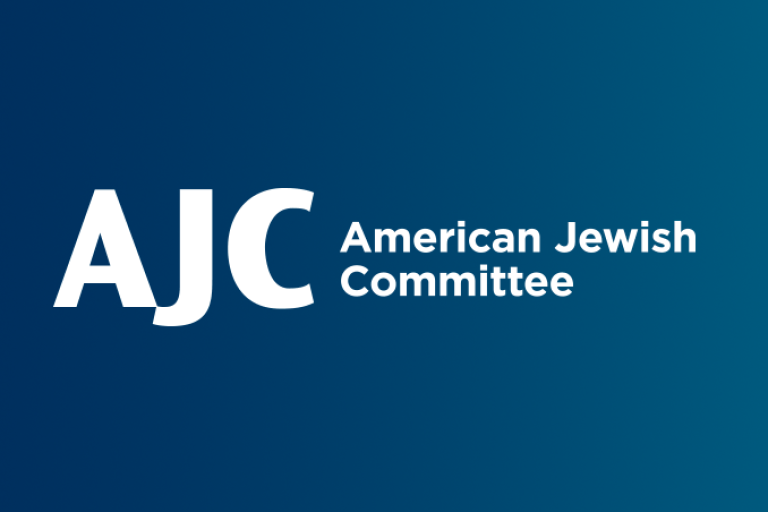October 27, 2023 — Atlanta
The following piece originally appeared in the Atlanta Journal-Constitution
“Why do they hate us? Why do they want to kill us?”
That was what I asked on Oct. 27, 2018, when a gunman walked into the Tree of Life Synagogues in Pittsburgh and murdered 11 Jewish people during the morning Shabbat service.
The other question that came up after Tree of Life was “How could this happen here?” When I had experienced antisemitism, I had always managed to brush it off. This was different.
Even though I vividly recall being called antisemitic names in youth sports and the swastikas that vandalized my Jewish primary school, you do not make the leap to a gunman who would massacre Jews in a synagogue simply for being Jewish.
As a teenager, I spent a week in Poland, visiting concentration camps and learning how two-thirds of Europe’s Jews were exterminated. The lessons of the Holocaust were easy to understand, in part because the Nazis were so meticulous in documenting their barbarism but, more importantly, thanks to the testimony of survivors that was seared into the collective Jewish psyche.
When the vow of “Never Again” rang out after the Holocaust, it truly meant something. It needs to again.
Now it is my daughter asking the questions I posed five years ago: “Why do they hate us? Why do they want to kill us?”
The difference is her queries came after the Oct. 7 attack of Israel by Hamas terrorists, where at least 1,400 Israelis — most of them unarmed civilians -- were slaughtered.
I could tell my daughter that I believe Hamas is guided by two main principles — that Israel should be wiped off the map and all of the world’s Jews should be killed. That’s a simple-enough concept. But it doesn’t answer the “why” in her questions, mainly because there are not any good answers.
Antisemitism is often called the oldest form of hatred. And as Hamas and its many supporters -- including on some American college campuses — have shown us, it is not aging out anytime soon.
Contemporary antisemitism takes many forms today but its roots run deep to conspiracy theories about Jewish power, including control of banks, the monetary system and the media.
Antisemitism can be found here, when anti-Jewish flyers recently littered Brookhaven and neighborhoods in Gwinnett County; when a Georgia Tech fraternity is vandalized with “Free Palestine” graffiti, or when a protester in downtown Atlanta holds up a sign that reads “One Holocaust Does Not Justify Another” — conveniently forgetting it was an unprovoked Hamas that started the war.
All this is happening when we are not even 80 years removed from the end of the Holocaust.
I thought about that after a recent walk in downtown Atlanta wearing my kippah — the Jewish head covering. A police officer asked if I wanted to be escorted to my car, because of the spate of anti-Israel comments since the war started. It was commendable that he asked — I declined — but that he thought there was a need to ask is what bothers me.
The Jewish community needs that kind of support and empathy. Our elected officials, business leaders and many community partners continue to send messages of solidarity and offer support while educating their team members about antisemitism. We will need much more of that going forward.
When I am asked why Jews are on the receiving end of such unbridled, visceral hatred, I continue to search for a good answer. But I know we need to find one soon.
Dov Wilker is Atlanta regional director of American Jewish Committee.



